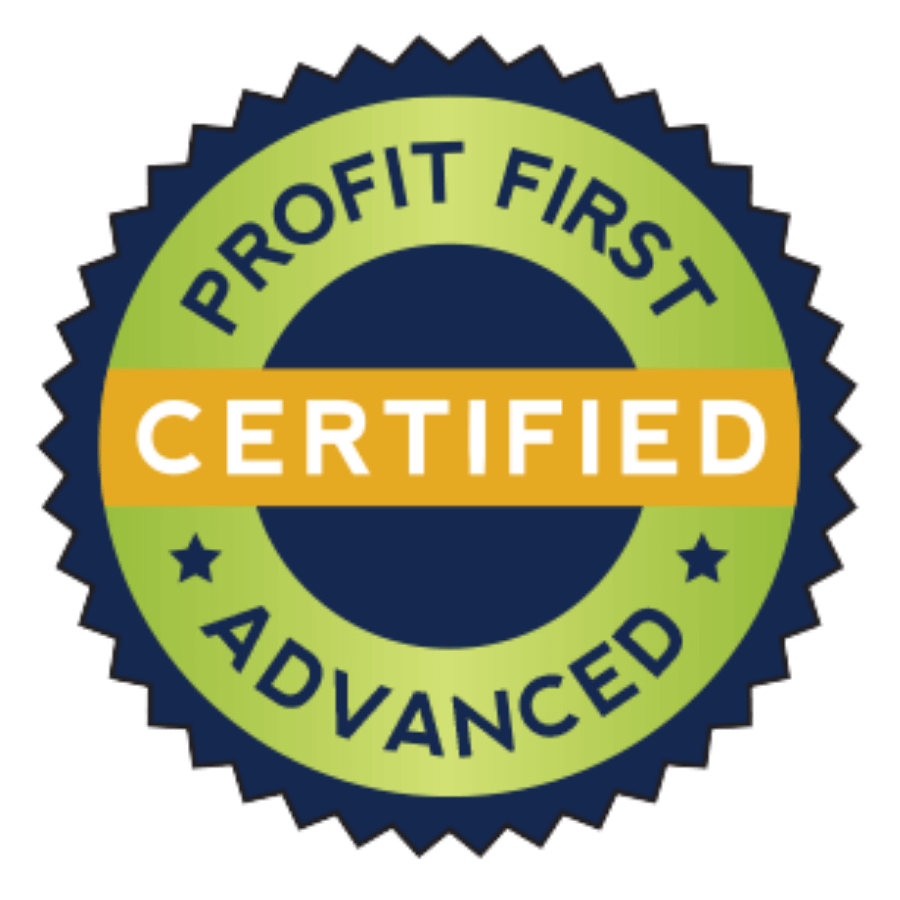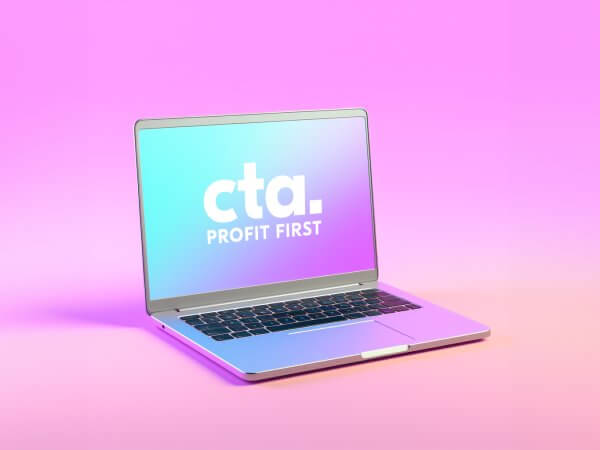Chapter 1 – The Mortgage Problem

One of the biggest problems with your entrepreneurial success is overcoming this first hurdle. We underestimate what we are capable of from day 1. Context is king, and unfortunately, our context before going it alone is based on our career as an employee. Just take a step back and think about this for a second. As an accountant and business coach, I have seen this over and over again. The vast majority of business owners in the UK are not really business owners, they don’t deserve to be called an entrepreneur as they are basically just self-employed. I’m not taking anything away from what they have done, leaving a job to go it alone is taking a risk. The problem I have with this is that you have quit one job working for someone else and start working for yourself. You have just quit one job for another!
The hope is that there is a pot of gold at the other end of the rainbow making it all worthwhile. The real challenge is the low expectations that people have of themselves at the start, often failing to grow into a pursuit that is truly worthwhile of their talents. I call this the Mortgage Problem. You can be renting for all I care but the point is that the financial goals in your ‘business’ are generally to earn what you earned before (maybe a bit more if you are brave) and your whole business plan, which is often in your head and not on paper, is to essentially carry on paying your mortgage, feed the family and maybe build up some extra pocket money.
Personal Income
The big problem at the start or even later on for business owners who have not yet outgrown this stage is that you see all of the money that comes in and goes out of the business as your personal finances. Every monthly £100 subscription that goes out, feels like there’s less food in the shopping basket for the family. The idea of hiring a new team member to help you seems crazy as that means they would get some of the money instead of you!
Equally when £1,000 hits your bank account, you think this is all your money. If you are the business and are playing it ‘small’, then every pound in and out is counted for. In fact, you probably treat the ‘business’ account as your own account! We see this time and time again, where the personal expenditure of the business owner is mixed in with genuine business transactions and it completely muddies the water. The same business owners wonder why they are not on top of their finances! They end up having a drip of constant personal payments come out of the ‘business’ account that it’s hard to identify what the actual business transactions are and also what they are even paying themselves! Even worse, I see many business owners living like this unwilling to get a good accountant or help from a bookkeeper as they are too scared to unravel the mess and get it sorted once and all. The lack of accountability around the business account management becomes a bigger problem as the business grows its revenue. In some cases, this leads to the business owner going over the VAT limit without realising and having to pay backdated VAT and also not operating through the appropriate business structure (such as a limited company) and therefore paying more tax than is necessary.
I recently saw how accountability works on the frontline with my Wife. She joined Slimming World a few weeks back to lose a few pounds and was doing very well with weight loss several weeks in a row. We then went to our friends’ wedding (shout out to Crag and Charlotte!) the weekend before the dreaded Monday morning weigh-in and my Wife said I’m going to skip the weigh-in tomorrow as I know I’ve put weight on. I then reflected on this for a minute and said that it was absolutely the wrong way to view the situation. She asked why and I said that you did not join this group to just be tapped on the back every week for a job well done. Of course, this is a big part of it, but equally and maybe more importantly the group is there to provide accountability when you fall off the bandwagon. By showing up, being accountable and understanding what the ‘damage’ is, she was far more likely to take positive action in the coming week rather than bury her head in the sand and hope to sort it out in the future.
You see, this is what many of us do, including myself. We put things off that are important. For the record, it didn’t affect me if my Wife went to Slimming World, but it absolutely affected how she felt about the whole situation. Being congruent to ourselves is the most important accountability as we need to live with ourselves 24 hours a day, 7 days a week! If you are a business owner who is avoiding financial accountability, I challenge you to step up and be counted right now.
Abundance versus Scarcity
This means that the majority of business owners start their new venture with a scarcity mindset. A scarcity mindset often contrasted with an abundance mindset, refers to a belief or attitude that there’s a limited amount of resources, opportunities, or successes available. This perspective can manifest in various aspects of life, including finances, relationships, business, and personal growth. People with a scarcity mindset might think, feel, or believe the following:
Resources are Limited: They may believe there’s not enough to go around, whether it’s money, jobs, partners, or other resources.
Zero-Sum Thinking: They might view success or resources as a zero-sum game, meaning if someone else wins or acquires something, they lose. For instance, if a colleague gets promoted, someone with a scarcity mindset might feel that they’ve missed their own chance for advancement.
Fear of Missing Out (FOMO): This can lead to decisions made out of fear rather than careful consideration or optimism.
Comparison with Others: They might constantly compare themselves to others, feeling either inferior or superior based on perceived scarcity or abundance in their own lives.
Resistance to Sharing: Believing resources are limited might make someone less willing to share, whether it’s knowledge, money, or opportunities.
Focus on Short-Term Gains: A scarcity mindset might lead to prioritizing immediate needs or benefits over long-term growth or goals.
BOOK A CHAT WITH ME TO SEE HOW
YOU CAN CREATE A
BUSINESS & LIFE OF YOUR DREAMS
On the other hand, an abundance mindset suggests that there are plenty of resources, opportunities, and successes to go around. Those with an abundance mindset are more likely to believe that they can create opportunities, collaborate with others, and share resources without jeopardizing their own success.
It’s worth noting that scarcity is a real concern in certain situations and contexts, particularly when dealing with tangible resources. However, the scarcity mindset pertains more to how people perceive and react to the idea of limitation, rather than the actual limitations themselves. Recognising and shifting from a scarcity to an abundance mindset can open up new opportunities and lead to more positive life outcomes.
Having an abundant mindset is key to how your business grows. The fear of there not being enough money out there for ‘me’ as a business owner creates negative energy and does not serve me to take positive and tangible action to build a business.
Gem (this means you need to write it down)
DON’T GET COMPETITIVE, GET CREATIVE.
This attitude may change your whole life. Yes, there are genuine reasons and circumstances where competition is healthy, but not with a scarcity mindset when comparing to your so-called competition, i.e. thinking Win/Lose. Competition in sports is a great way to measure your own progress. My son Joe, is a very fast sprinter and used to win all of his school races and then he would beat other local schools in a ‘best of the best’ race. Yet, there was another level, a county-wide race. Joe came third in this event which was an incredible feat. He now had a yardstick to measure where he was. It provides him with a benchmark of what’s possible. It’s not healthy for him to focus purely on ‘beating’ the faster runner, but he can focus on how to be better than he was before. The 4-minute mile is probably the best example of this, up until 1954 no one had ever broken the sub-4-minute barrier. Roger Bannister came in at 3 minutes, 59.4 seconds. In the years to follow, several others have followed and beaten the record. Use competition to get better and not bitter. Getting creative is a far better use of your precious time and energy as a business owner.

⏳Thinking Time (This means you can get far more value from what you just read if you take 20 minutes with a pen and paper to brainstorm some ideas and reflect on how this relates to your circumstances).
Think of how you can use what your competitors are doing to get creative. How can you innovate so that you have an offering, product or service that really makes you stand out or provide value that no one else is doing?
Chapter Summary
So many business owners start their new business venture with a scarcity mindset rather than a more empowering abundant outlook. Quite naturally when starting a business your goals are relatively low compared to what your potential is. The problem is that you still have one foot in the door of employment. Replacing your employed income is a noble and essential goal as it means you get to feed the family and at the same time validate your decision to go it alone financially.
I have no problem with this at all, the problem is that the bigger picture never kicks in. We limit ourselves based on a) where we have come from and b) where we are NOW. One of the core themes of this book is the Universal Law of Growth. Everything in the Universe and on our planet is essentially growing or evolving in some way. We know that the Universe is expanding as you read this, plants will grow as big as they possibly can, animals will eat as much as they possibly can and humans are no different. It is in our nature to grow. The challenge when starting a business is that you do not have a clear growth plan. You could think of this akin to a business plan but based on my experience there is something more important and pressing, a self-development plan or a personal growth plan. This is not a ‘wishy-washy’ subject for book nerds. The school system gave us a self-development plan but who is going to give us one as an adult? The answer is that you are the only person who can decide which growth path, if any you will take in the game of business and life.
Busy Fool Mistake #1 – Focusing too much on the short-term target of paying your bills and not re-calibrating your expectations and longer-term goals. The result is that many busy owners get stuck here in the paying-the-bills (aka the survival trap).











